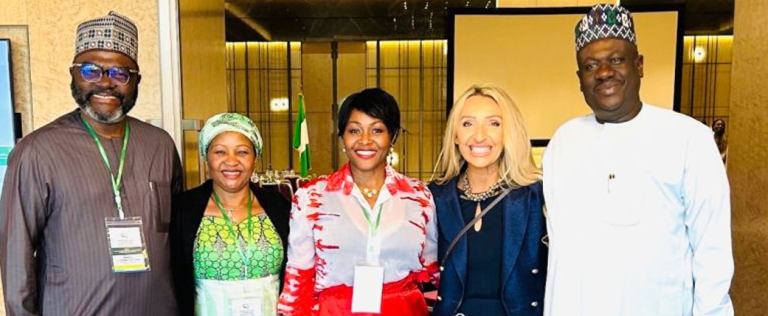Increasingly our sports people are getting younger. They often become the unlikely conduit for other business to build through their representation. Are our young athletes in sport increasingly at risk as they search through digital and non-digital frontiers for appreciation and identity?
After professionalisation, and with the advance of the social media audience, we now see young people baring their all on social media. Often it isn’t just their sporting prowess, but their soul and their body that they bare, as well as their mental health. Given the push to be so present on social media, build a following, and show their worth, we’ve seen a reoccurring series of questions over the last 5 years.
What happens when “they” stop liking me? What if I don’t get followed and my agent gets upset? What about that guy? He’s better than me they say? I’m told I’m not good enough because I don’t have enough of a following? They all know each other and I get stories about me posted. I love my sport but they say I won’t get far because I’m not known enough and I’m not from here? I can’t seem to please them? They liked me, but now they don’t , im just not getting enough”likes”?
‘They’ is a word we are hearing more and more from athletes. So who are they? ‘They’ are an increasingly larger and larger social audience.
Are our young people as young as 11 or 12, equipped and prepared to manage followers that often their agents cash in on, encourage them to affiliate with online, and they themselves work at building?
We have to ask ourselves, is it not our ‘duty of care’ in sport to consider the impact of lowered boundaries and a lack of experience to filter feedback?
Often our athletes function in a world of external representation, that now through a wider view of popularity needed to be ‘good at sport and recognised’. We have all seen crashes in otherwise fairly robust performers. Fears which can increase anxiety and plague performance, begin to isolate young athletes at a fragile stage of their identify development. Even the word fragile may see the school of sport quake to think that an athlete my be emotionally vulnerable at a point of their development . So when do we change this mindset and how?
One of the most profound things to remember is “you can be in a crowded room or in a team and still feel alone.”
Sometimes very talented young athletes leave because they perceive that they are not “liked enough” or have enough of a following, or they are just so talented they can’t mange the physical audience pressure, “other parents” and increasing heckles as objects of sport and not as high performance human beings. Much of this is tied down to s sense of failure at being ” not liked” reinforced by multiple digital and non digital filters.
Between both our online and offline audiences, our pressure for representative sponsorship and following, have we forgotten who we are providing sport for? Or is the bigger question “ who are we providing sport for? Are we simply selling the benefit’s and forgetting to deliver these?
Sport at its foundations is a social educator designed to be fun. We have an opportunity in the post Covid pivot. We need to ask ourselves, Is It i time for us to get back to sport as an educator of positive social constructs? Learning how to work with others, learning to co-operate and compete in healthy ways, understanding striving for your personal best, self-discipline, long lasting friendships that don’t need to be seen, and skills of agility and self-management are just some of the positives we could regrow if we stepped back to rebuild the sports community the right way.
The audience effect is so much more than we recognise. The social psychology behind this effect without understanding development psychology and the pressures we are putting on our young, we have become a filter for resurgence of early onset anxiety. Often there’s so much confusion at a young age, the mix of professionalisation without direction can cause a bevy of pressure we don’t see the harmful effects of until later.
The real achievement in sport is the recognition of why we take part in it and what we feel good about in ourselves once we have.
Our change of focus and digitisation has cost our athletes in many different ways, now is the time to give back to our younger athletes the tools to assist them. We can’t turn the clock back but we can reorient what we’ve let go of. If we stripped sport back, we would have a community that is an extension of family, a safe place to go to connect with others and learn about yourself in most instances.
In an ideal world we would not have the social pressures at the magnitude they are, but we do, and now we need to consider what tools our young athletes will need to assist them throughout their sporting careers. If this article strikes a chord with you, then email or pm me for a what we can do.




